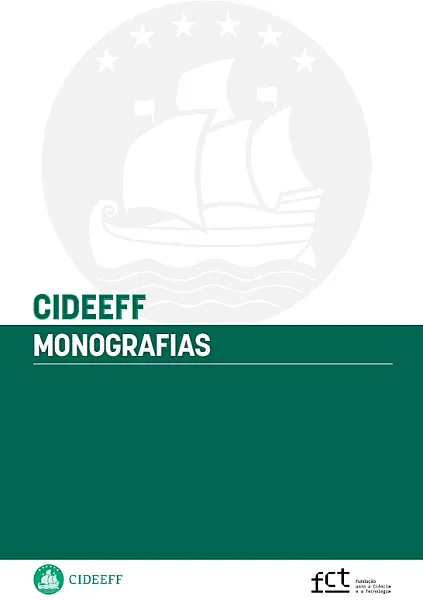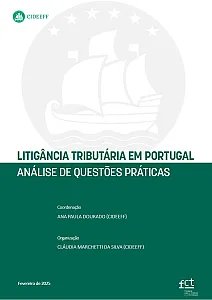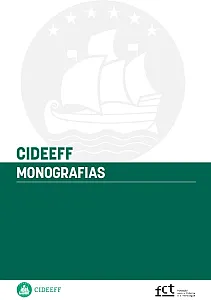Equitable Compensation for Private Copying: Legal and Tax Nature and Other Parafiscal Aspects

The main object of this dissertation is the study of the legal regime of fair compensation due as for the reproduction or copy of protected works and other subject matter for private use, with a particular focus on its the legal-tax nature and other parafiscal aspects that underlie it.
The endless growing of the digital technologies has determined the need for the authorities in different countries to establish copyright laws as a way to intermediate potential personal and property interests’ conflicts identified, on one hand, between the legitimate copyright holders and, on the other hand, consumers or society as a whole in accessing, reproducing, recording or copying, by using certain digital media devices, works subject to those copyrights.
Based on its respective legal regime, the text proposes a critical analysis of the current system, it is proposed to prepare a critique of the current system from a legal-tax qualification point of view, through the study of doctrinal, legal and jurisprudential texts, as well as judicial interpretation, particularly EU law and the interpretative judgments given by the Court of Justice of the European Union on this matter.
Among other aspects, the way in which the fair compensation is managed, by collective management entities, is highlighted, focusing mainly on the methods of collection, input and distribution of said amounts.
In this study, we will seek to inquiry the relationship between the compensation at stake and the Parafiscality and obtain a set of conclusions as to try to determine the nature of the fair compensation due for the private copy as currently outlined within the Portuguese tax system.
Keywords: Private Copying, Fair Compensation, Copyright System, Taxation, Parafiscal Charges



